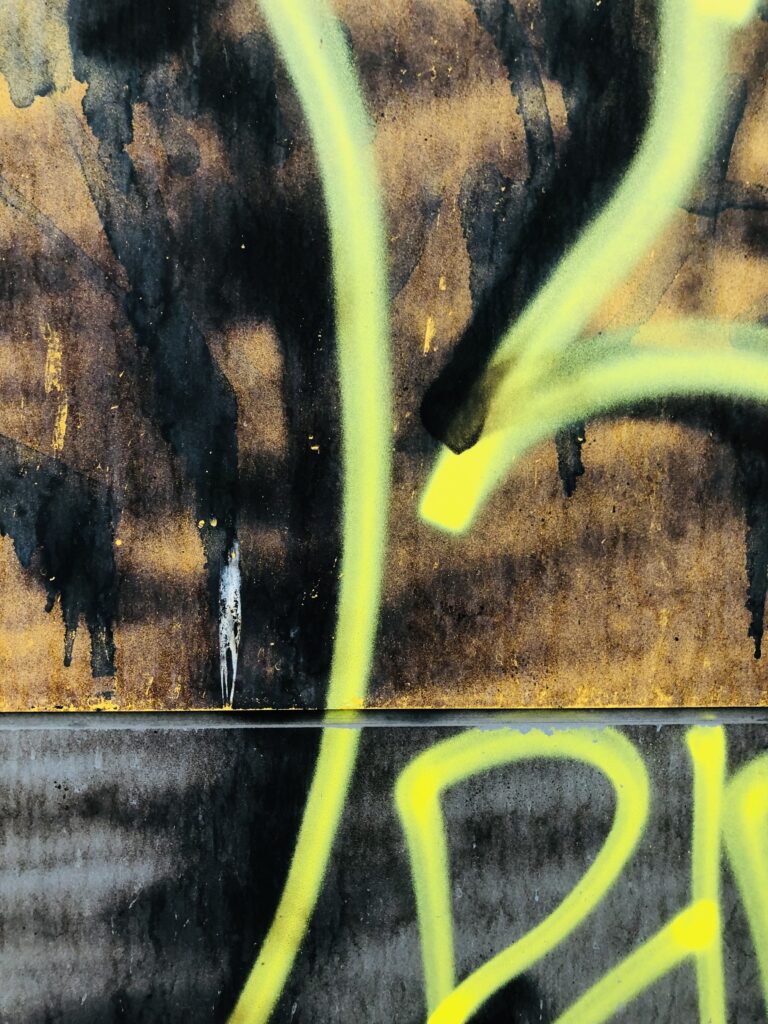
The Second Edition
summer 2023
The Editors’ Letter
Facebook has become the largest repository of kitsch in human history.
Kitsch is, after all, always a copy of a copy—a feature which extends not only to its physical characteristics, but also its conceptual content. What is more kitsch than overdone memes and that one photo lying on a field of flowers that it seems like every girl has on her Instagram?
But our social networks are also filled with art, created both by professionals and amateurs who really can write, paint, and shoot photographs. Into this already packed digital field, new AI models like ChatGPT threaten to create massive quantities of content that is necessarily kitsch, only robbed of all the singularity and quirk that makes kitsch so human.
The reach of this technology has already extended, deeply, into our intimate lives. No relationship you ever form will be free from the timers and expectations that texting and social media has engendered. No self-image will be without consideration of how you appear through the filter of algorithms.
We need to think, make art, about these changes. And we need to enjoy the process of creation as well as the human interactions that so often form that process. Because even bad experiences with people can help each of us grow as people. As Zlata Hodžić says in this issue, “Human relations cannot be replaced by new technologies.”
Only in front of a desktop can we find perfection, but it is an unnatural perfection. Now more than ever, we should hug onto our human imperfections; in a world full of perfect lips and cheeks, tits and asses, being imperfect is almost rebellious.
Enjoy the thoughts and the art,
Adrian and Nina
log In Here for Full access
Punkura*
Adrian Pecotić
Photography
Punkura*
“LEPRA” – BOLEST KOJA JE KRENULA IZ SARAJEVA
Asja Milislav-Buturović
Graffiti
Punkura*
“Za gladji grad – Glatkograd!”
BMonk
Maja Zećo
The Artistic Process After Virtual Reality and ChatGPT
A conversation between Haris Hadžić and Adrian Pecotić
Art
Intervju Saša Džino – Fildžan pun opskurnosti
Nardina Zubanović
Photography
Smisao svake ljepote treba biti uništen: Prilog kritici digitalne pornografije
Mario Hibert
Nardina Zubanović
Hana Tiro
Goran Vrhunc
Kostja Ribnik
Photography
Art
